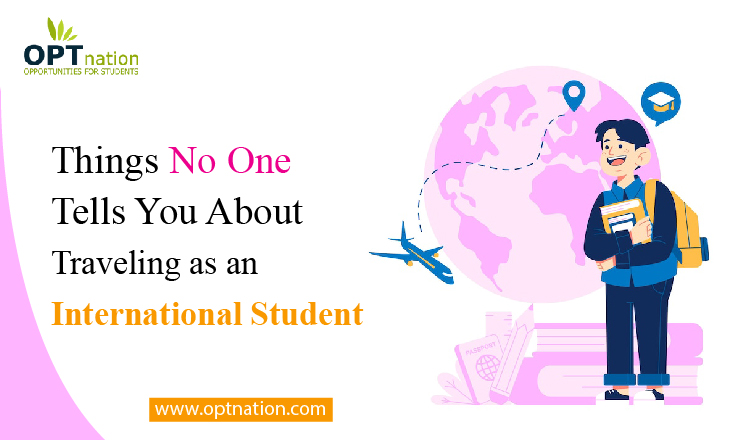Completing your academic pursuits overseas can be incredibly rewarding. After all, not everyone has the chance to travel for education. Yet as amazing as it is, the experience doesn’t come without challenges. Many international students slowly realize how tough it is to balance studies with travel, not to mention the emotional toll of being away from home for a long time.
In this article, we’ll explore some practical advice and lesser-known insights on dealing with the challenges of being an international student.
Adjusting to New Norms
One of the most prominent challenges for anyone staying in a new country is acclimation. Unfamiliar social etiquette might come across as strange to you. For example, if you’re studying in Sweden, physical ways to greet are uncommon, especially among strangers. Their culture reserves hugs and kisses on the cheek for people close to them. So, if you’re used to greeting with hugs, be mindful not to go in for one instinctively.
Personal space is just one thing to adjust to; there are also different tipping cultures, driving in the opposite lane, different food, etc. The biggest adjustment for students is getting used to a different teaching style. This can mean learning in a completely new way, like tackling independent projects or navigating a less structured classroom dynamic.
So, how do you avoid the initial shock? The simple solution is doing some research, which, surprisingly, a lot of travelers skip since they’re more focused on logistics and other stuff. As an international student, you’ll also have to be very open-minded and resilient when participating in these new norms.
Juggling Academics and Travel
With the overseas student life comes the pressure to succeed in your studies. It’s such a mood killer whenever you’re on an adventure and there’s a nagging voice in your head, saying you should be studying instead. How are you supposed to enjoy your travels this way?
The solution is to make sure your trips are during academic breaks. This way, you won’t have to be constantly thinking about assignments while exploring. But if you insist on traveling during school weeks for some reason, downtimes will become your study times. Those flights and commutes will be used to catch up on readings.
Overall, consistent planning is the most pragmatic method an international student can use to ensure they’re not stressing over trips and studies. It’s a process most traveling students eventually master.
Homesickness and Emotional Challenges
Missing home, feeling lonely, and isolated, are natural things. More so if you’re having a tough time adjusting to a new environment. In contrast, there’s no specific method that can solve these issues at once, a myriad of options to cope exist. Choosing one or two is just a matter of personal preference and values.
Homesickness isn’t as hard to deal with anymore, given how current technology allows us to communicate with friends and loved ones wherever we are. If you’re in a big city, chances are there might be a restaurant serving food from your country. But of course, sometimes this isn’t the case; you’ll be looking for other ways to cope.
Try connecting with other international students or similar groups and forming bonds with them. If you’re not the social type, you can still find activities that keep you occupied, such as journaling or engaging in hobbies that bring you joy. Quelch the negative emotions by doing anything that you find meaningful, as long as they don’t get in the way of your studies.
Reminders for Smooth Traveling
Now, let’s discuss more tips on the logistics of traveling and ways this process can be smoother. After all, before you can face the challenges we mentioned, you first have to get to your destination.
Being on top of your visa requirements
First, always check visa requirements well in advance and ensure all necessary documents are prepared. If you encounter delays or problems, call or email your university’s international office or a local embassy for guidance. Keep copies of essential paperwork and know your visa’s rules, such as travel restrictions or renewal dates.
Staying connected
If you’re a money-conscious traveler, you’re likely to consider the cost of every step of your journey, such as the costs of plane tickets, accommodations, and meals. There’s also another item that can help you save money: an eSIM.
Let’s say you are traveling to India. Getting an eSIM for India is a smart move. This is because, unlike traditional SIM cards, eSIMs allow you to access local phone plans without incurring hefty roaming fees. They often provide flexible pricing options, so you can choose plans that suit your budget. They can also make communication easy so you can dial your loved ones.
Embracing the Adventure Ahead
There’s much more to say about preparing for your international academic journey. Most of them come down to preparation and research. Studying in advance helps increase your grades, while preparing for your travels decreases your worries. Study well and have safe trips!

